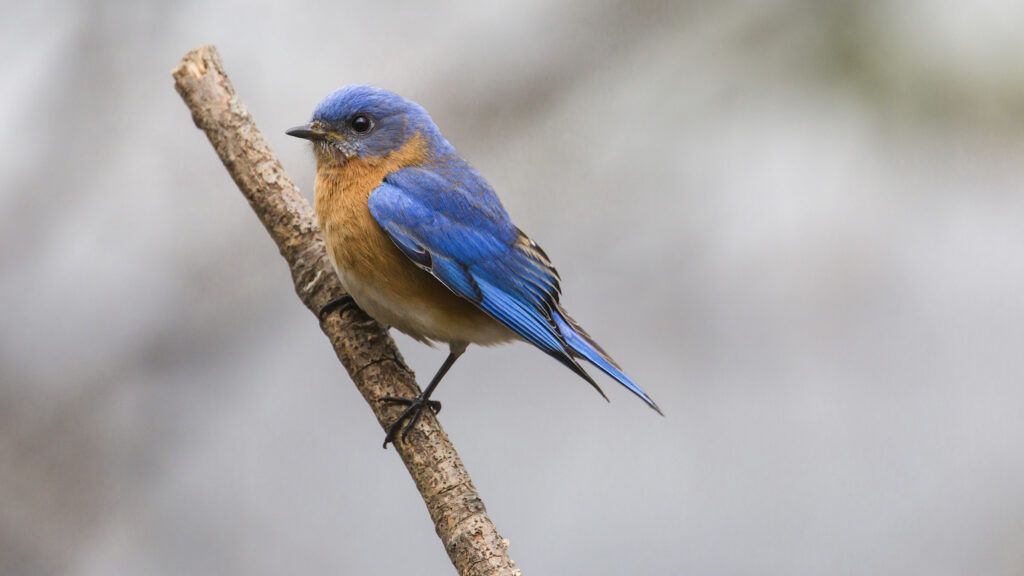There are so many emotions associated with birds. There’s the cheerful harbinger of spring, the robin redbreast. The peaceful coo of a dove. And of course, the “bluebird of happiness,” which has roots in French folklore and makes for feelings of delight anytime I spot a lushly colored jay.
New research by Canadian biologist Lauren Hepburn shows that a multiplicity of birds can hold more than symbolic meaning for people—it can increase their overall happiness.
Hepburn and her team interviewed more than a 1,000 residents of areas of Ottawa that have between two and 18 bird species present at any given time. The interviews did not mention birds, nor did the researchers ask the residents if they had any interests in or knowledge about birds or birding.
The findings reflected the positive power of nature—the more birds in a given neighborhood, the higher the overall happiness level of its residents. This finding held true even when measured against income levels in the various neighborhoods—residents in lower income neighborhoods that were home to numerous bird species reported above-average satisfaction and happiness.
There are numerous reasons this may be true. Birds live in trees, so the more greenery in a neighborhood, the more likely the area is to shelter numerous birds. Perhaps the presence of trees correlates with increased happiness. Also, birds provide soothing ambient noise that can be a calming contrast to city din. And of course, birding as a hobby, identifying and seeking out species and identifying their songs, is known as a peaceful, joyful pursuit.
Reflecting on the symbolic power of birds, we can’t miss the fact that birds can fly. The French author Victor Hugo transforms the marvel of flight into a reminder for us to draw on our inner strength and talent, even when life challenges us:
“Be as a bird perched on a frail branch that she feels bending beneath her, she still sings away all the same, knowing she has wings.”
How do birds bring joy and meaning to your life?




